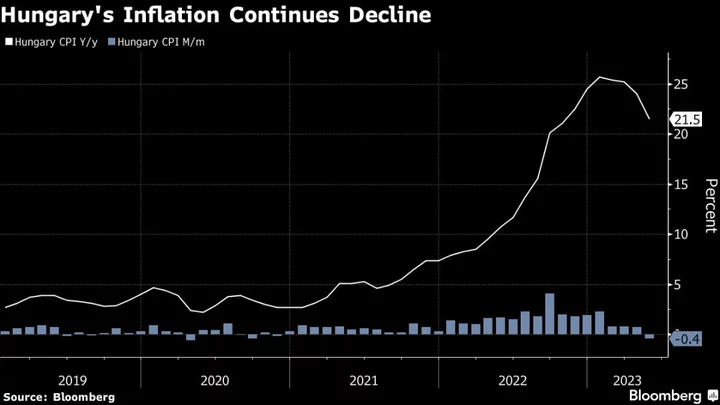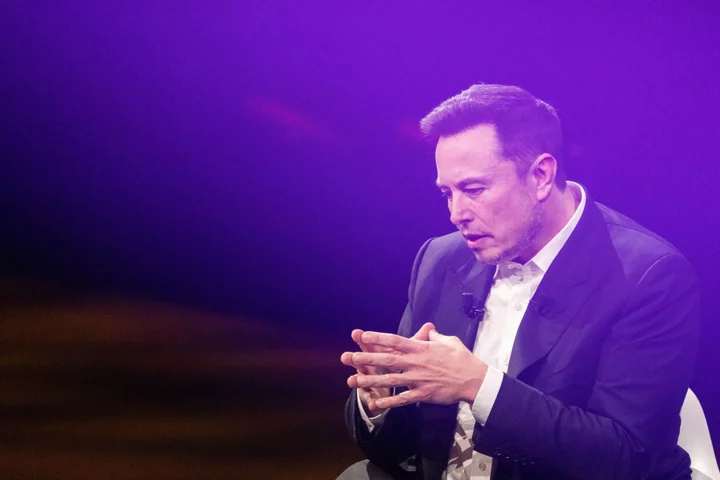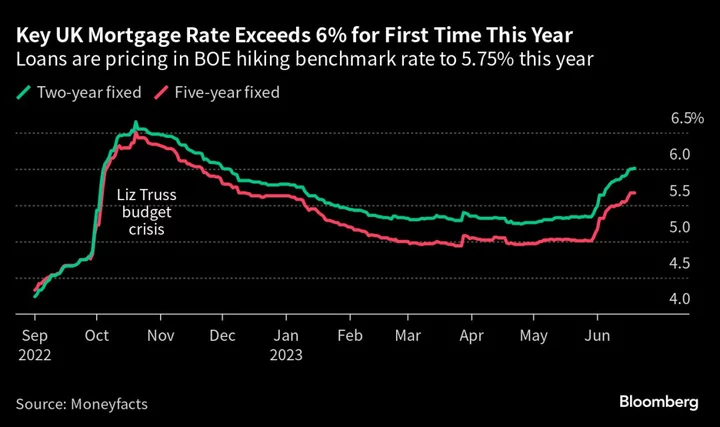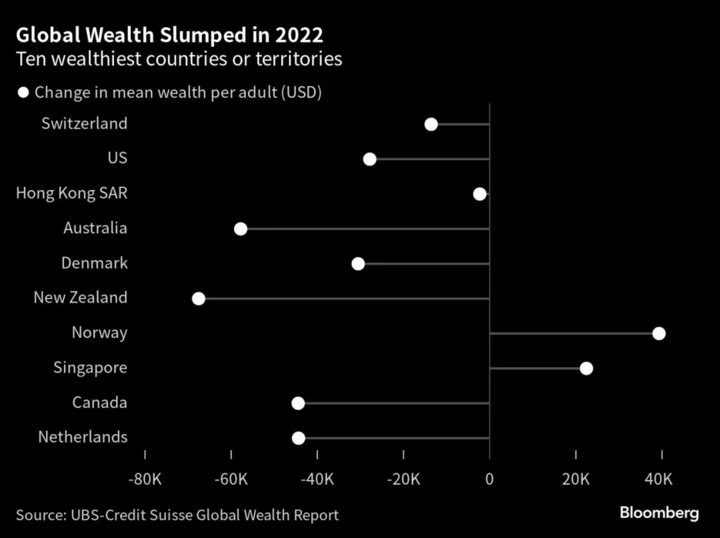Hungary’s inflation rate dropped for a fifth month after the fastest price-growth in the European Union led to a collapse in domestic demand.
Consumer prices increased 20.1% from a year-ago in June, the Budapest-based statistics office said on Friday, matching the median estimate in a Bloomberg survey. Prices rose 0.3% from May.
Prime Minister Viktor Orban has predicted a rapid decline in inflation from mid-year as base effects fade, which his officials have said should make room for continued steady reductions in the EU’s highest borrowing costs. The central bank has delivered back-to-back full-percentage point cuts to its key interest rate, bringing it down to 16% currently.
The narrowing of Hungary’s interest-rate premium vis-a-vis other countries, as well as investor concerns about the potential for a policy clash, have battered the forint, which dropped for an eighth day on Thursday, its longest losing streak against the euro since 2020.
The currency was up 0.4% against the euro on Friday before the inflation data was published.
Economic Development Minister Marton Nagy has floated the idea of raising the 3% inflation target to spur economic recovery. The central bank has said reining in inflation remains its top priority and will be the key driver behind rate decisions.
Household energy and food prices continued to fuel inflation in June, rising by an annual 34% and 29%, respectively. While the cost of services increased 14% year-on-year — slower than the headline price-growth — it rose sharply, by 0.9%, from the previous month.









